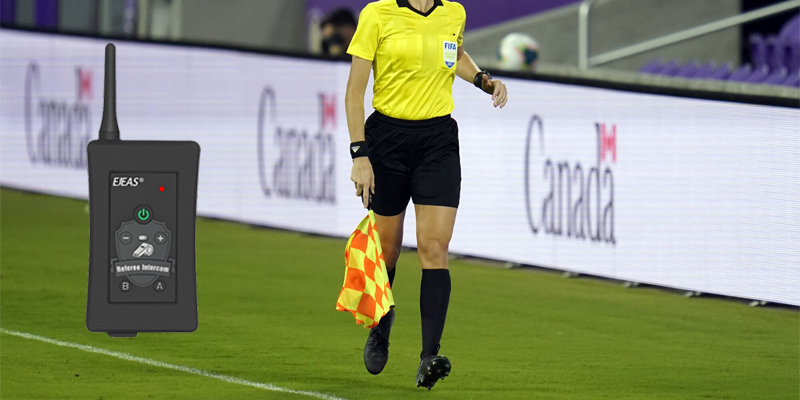
7 Things You Need To Learn To Become A Soccer Football Referee
Officiating a soccer match is quite a challenging job for soccer referees. However, if you officiate a good game as a referee, you will gain huge satisfaction and great respect from the players and the spectators. Nowadays, football is the No.1 sport in the world, except for becoming a soccer football player, many young people want to become soccer referees too. To become a soccer referee, there are several things you should learn and skills you should develop. Here are some of the key areas:
- Rules and Regulations: Learn the rules and regulations of soccer as defined by the governing bodies such as FIFA or your national soccer federation. Familiarize yourself with the latest updates and changes in the rules.
- Officiating Techniques: Learn the different techniques of officiating, such as signaling, positioning, and verbal communication. These skills are essential for effectively controlling the game and communicating with players and coaches.
Officiating techniques are the skills and methods that referees use to effectively manage a soccer game. It contains:
* Positioning: Referees must be in the right position on the field to make accurate and informed decisions. This involves moving around the field to get a clear view of the action and positioning oneself in the best possible spot to see the play. * Signals: Referees use a variety of signals to communicate their decisions to players, coaches, and other officials. These include hand signals for fouls, corner kicks, and goal kicks, as well as verbal cues to indicate the nature of a decision. * Verbal Communication: Referees need to communicate effectively with players, coaches, and other officials during the game. This includes announcing decisions, explaining rulings, and instructing players on how to play within the rules. * Judgment: Referees must use their judgment to make fair and impartial decisions during the game. This involves assessing the severity of fouls, deciding on disciplinary actions, and making calls on goals and other game situations. * Decision-Making: Referees must make quick and accurate decisions in a high-pressure environment. This requires excellent decision-making skills, as well as the ability to remain calm and focused under pressure.
- Physical Fitness: As a soccer referee, you need to be physically fit to keep up with the pace of the game. Develop your stamina, endurance, and agility to ensure you can run and move around the field comfortably.
- Game Management: Learn how to manage different game situations, including handling fouls, injuries, and disciplinary actions such as yellow and red cards. Develop skills in decision-making, judgment, and communication.
- Communication Skills: Referees need excellent communication skills to effectively communicate with players, coaches, and other officials during the game. Develop your ability to speak clearly and confidently and to remain calm under pressure.
- Practice and Training: Attend training programs and practice officiating games in your local community to gain experience and build your skills.
- Ethics and Integrity: Referees must uphold high ethical and integrity standards, demonstrating fairness and impartiality in their decisions and behavior on the field.
